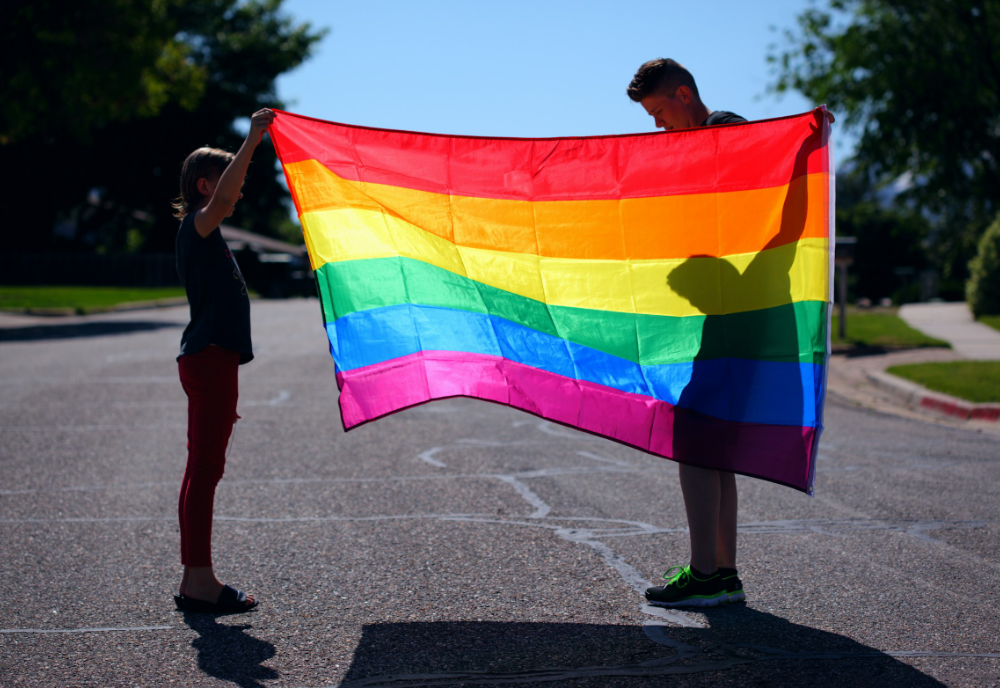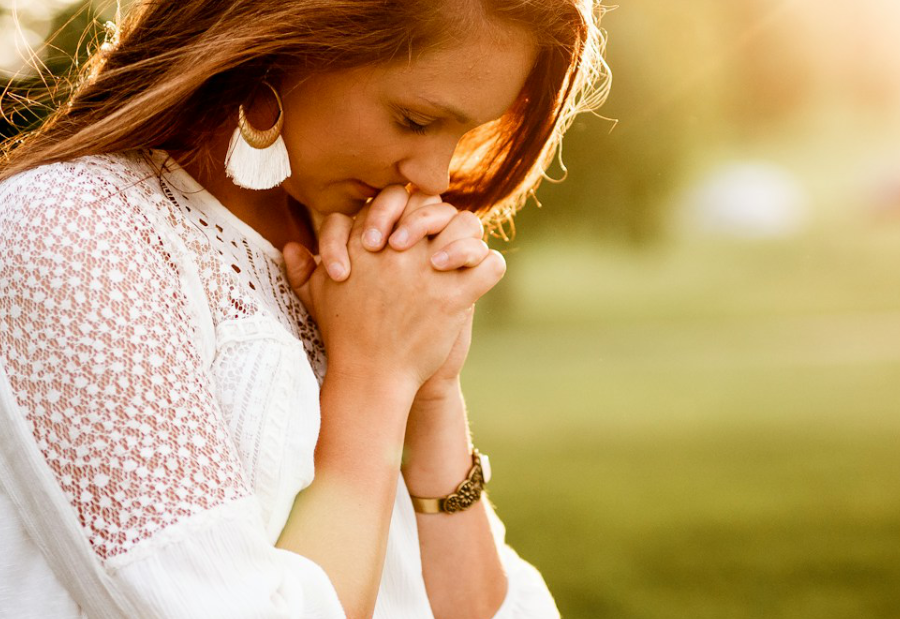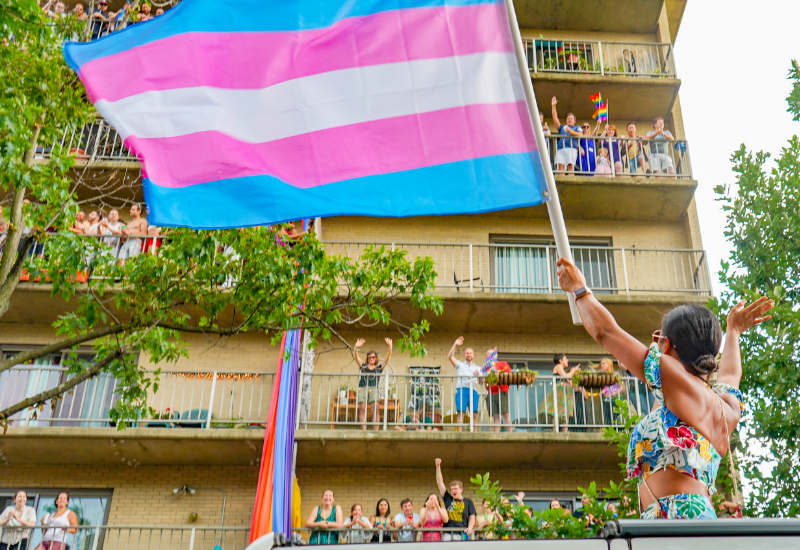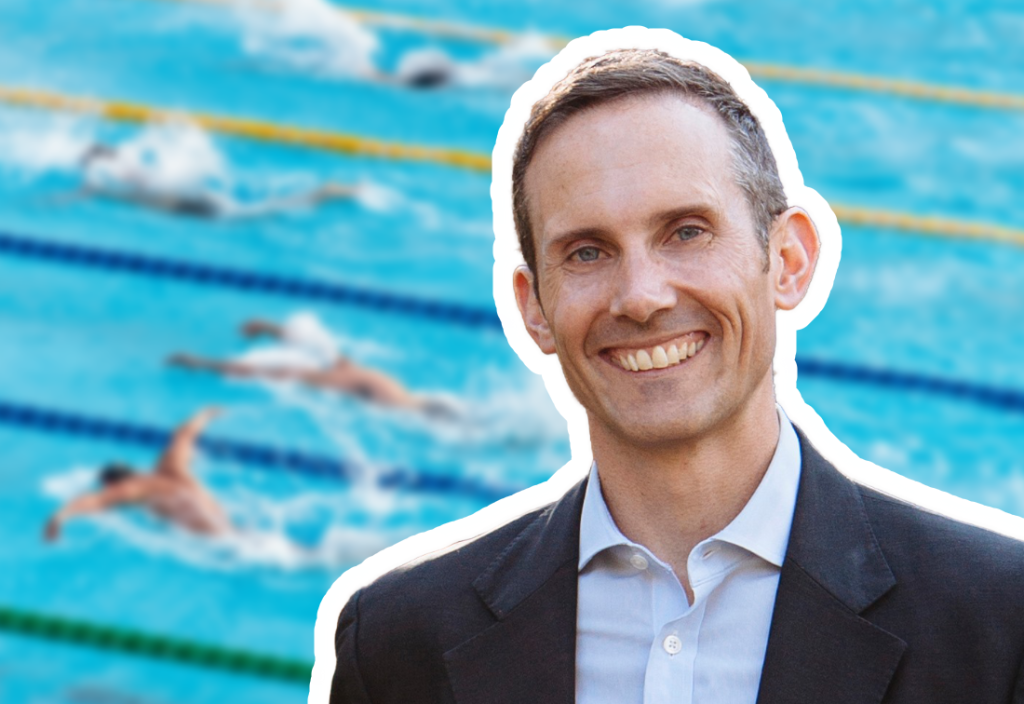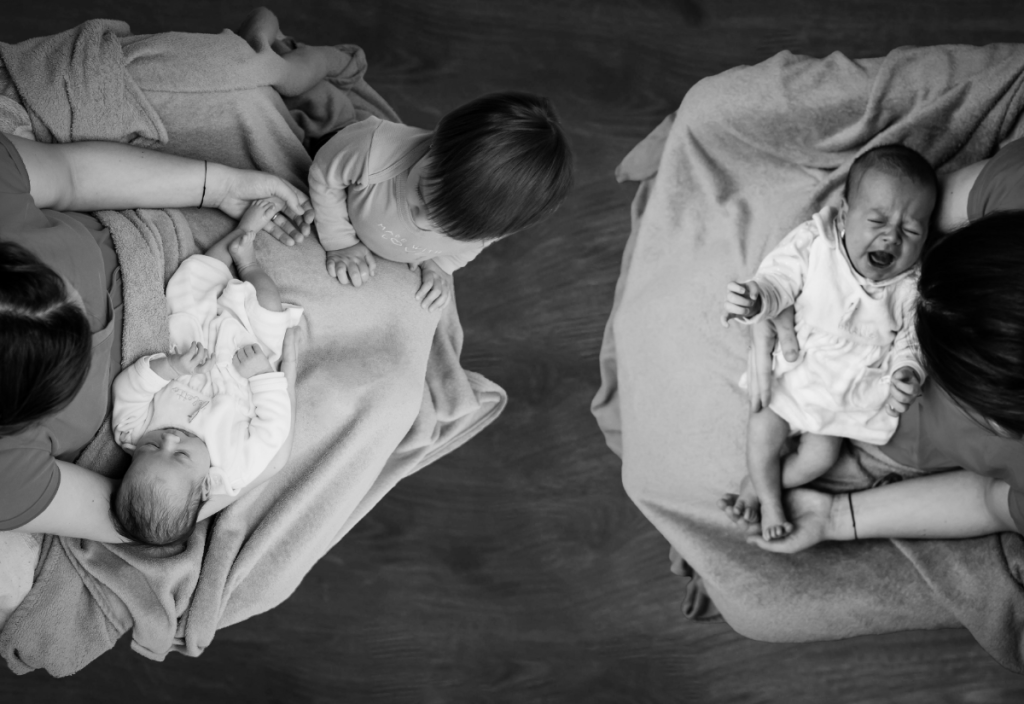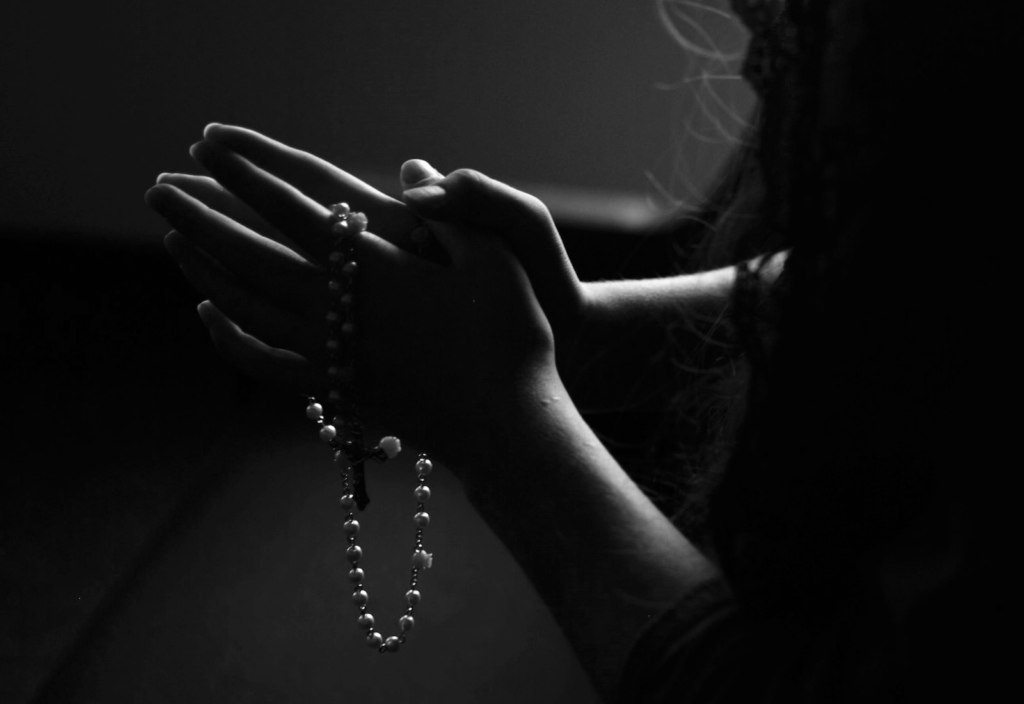Australian religious school leaders commonly claim their schools’ parents expect or support discrimination against LGBT staff or students. New research indicates most parents don’t.
Last year, the Australian Law Reform Commission consulted the public on potential law reform about religious schools’ discrimination against LGBT staff or students. Freedom for Faith board member and Emeritus Professor of Law Patrick Parkinson told the inquiry that:
“A lot of parents from cultures with conservative views on sex and family life worry enormously about state schools because the schools’ values conflict with their own. Actually, a lot of parents, religious or not, worry about what is being taught and practiced in state schools. That is why they choose faith-based schools.”
Likewise, Christian group Family Voice Australia says that:
“Christian schools, on behalf of parents, should be free to address staff and student behaviours which are against their sincerely held religious beliefs.”
But are such claims true?
Most Australians oppose discrimination against LGBT people. Surveys of the public routinely find most are opposed to religious school discrimination. Discrimination against LGBT staff is opposed by 73 per cent. “Belief statements” that humiliate, insult or ridicule are opposed by 77 per cent. And dismissing teachers who marry a person of the same sex or expelling LGBT students are opposed by 79 per cent and 82 per cent, respectively.
But perhaps parents at religious schools comprise much of the small minority who favour discrimination?
That’s the question we set out to answer in our research. See our peer-reviewed research papers, ‘Parental attitudes towards sexual orientation and gender diversity: challenging LGBT discrimination in Australian schools’ (Culture, Health & Security) and ‘Parental opposition to comprehensive sexuality education in Australia: associations with religiosity and school sector‘ (Frontiers in Psychology).
We employed a national online survey of parents with one or more children at primary or secondary school.
We looked at attitudes by three school sectors: government and independent secular; Catholic; and faith-based independent. We also checked attitudes by parents’ religiosity.
We didn’t ask parents directly about religious schools’ rights to discriminate, because that can cause problems. Acquiescence bias can occur when people say “yes” because they think most parents want to discriminate, so it ought to be allowed.
And confirmation bias can occur when people believe religious schools already can and do lawfully discriminate, so it must be okay.
Instead, we asked parents what their children should be taught in relationships and sexuality education at school. Core principles covered inclusivity towards sexual orientation, gender identity and gender diversity, and reducing homophobia and transphobia.
Parents who support schools teaching those values to their children would not inherently support school discrimination.
In all three school sectors, large majorities of parents supported all the core principles. Maximum support was 88.7 per cent of government school parents towards inclusive gender identity. Minimum support was 69.9 per cent of independent school parents towards gender diversity and reducing transphobia.
Only small minorities expressly disapproved of any principle, from 3.7 per cent of government school parents towards gender identity, to 15.3 per cent of independent school parents towards gender diversity and reducing transphobia.
Rates of dis/approval amongst Catholic-school parents fell mostly between those of parents at the other two school types.
Disapproval was selective rather than general, too. Just 1 per cent of government-school parents, 1.1 per cent of Catholic-school parents, and 3.3 per cent of independent-school parents disagreed with all core principles.
Even amongst self-described “very” religious parents, regardless of school sector, substantial majorities approved of the principles. Support ranged from 77.9 per cent towards sexual orientation to 63.9 per cent towards gender diversity and reducing transphobia.
Disapproval ranged from just 9.5 per cent towards sexual orientation, to 19.9 per cent towards gender diversity and reducing transphobia.
That is, even amongst Australia’s most devout school parents, most support and only a small minority oppose LGBT inclusivity and diversity.
Religious school parents are not always religious, either. More than half of parents at religious schools (52.4 per cent) were “not at all” (28.3 per cent) or “not very” (24.1 per cent) religious.
This tells us that there are compelling reasons other than strong religious beliefs why many Australian parents choose religious schools.
Why do parents choose religious schools? Some parents choose religious schools for faith-based reasons. At least at Christian schools — which comprise most of Australia’s religious schools — the top three reasons were parents’ perceptions of high teaching quality, high student support, and strong discipline.
The top-rated faith reason, a “Christian worldview”, came in at number ten. “Worldview” wasn’t defined, so it offers no insight into parental attitudes toward LGBT people.
In conclusion, Australian parents mostly choose religious schools for expected high teaching quality, care and discipline, and not for the right to discriminate against LGBT staff or students.
Contrary to common claims, most religious-school parents — even “very” religious parents — are naturally allied with discrimination-busting law reform.
Published 10 December 2024.
An illustrated report summarising the study results and other findings about Australian attitudes is available at Analysis and Policy Observatory.
If you wish to republish this original article, please attribute to Rationale. Click here to find out more about republishing under Creative Commons.
Photo by Alexander Grey on Unsplash.

